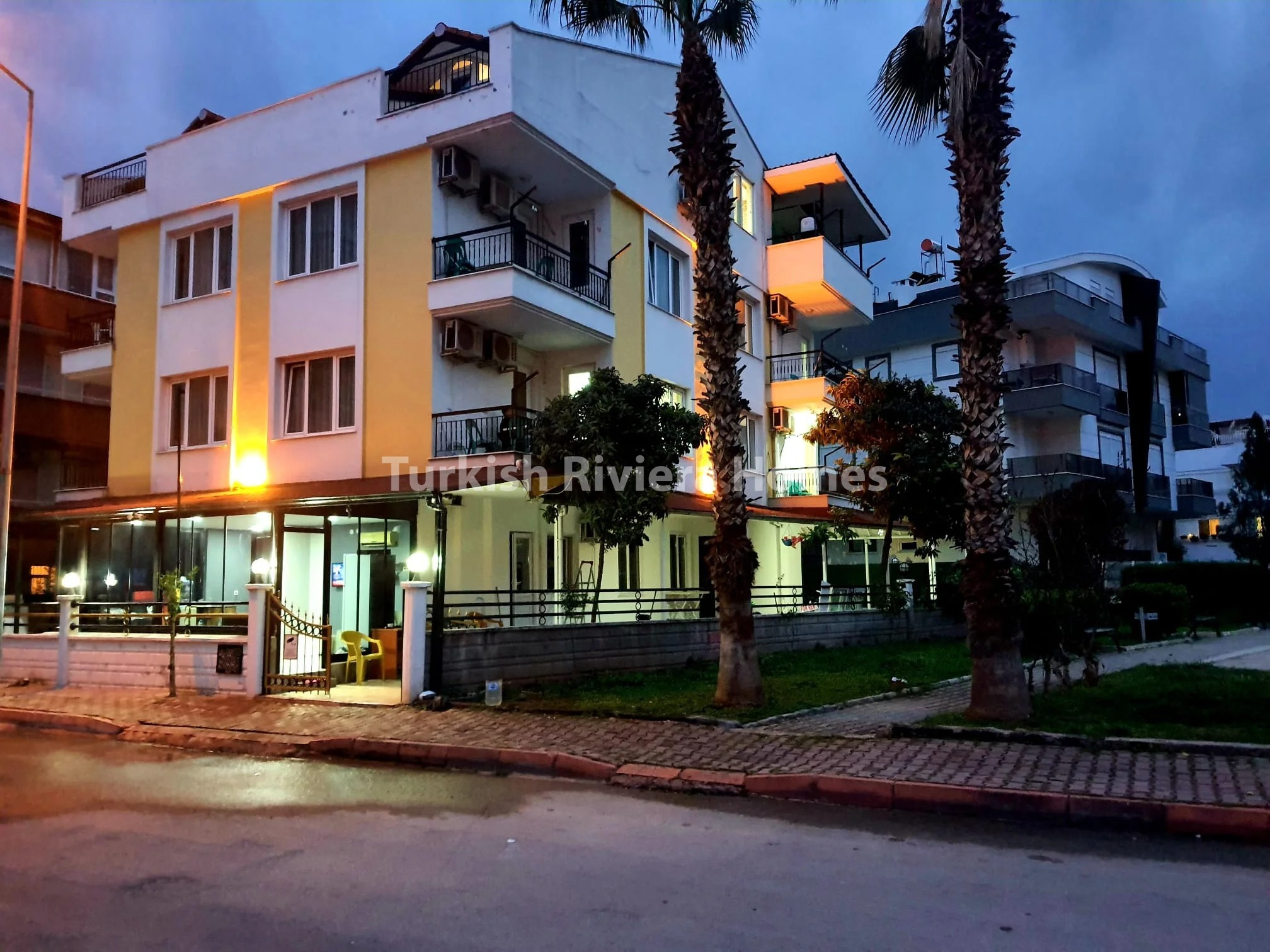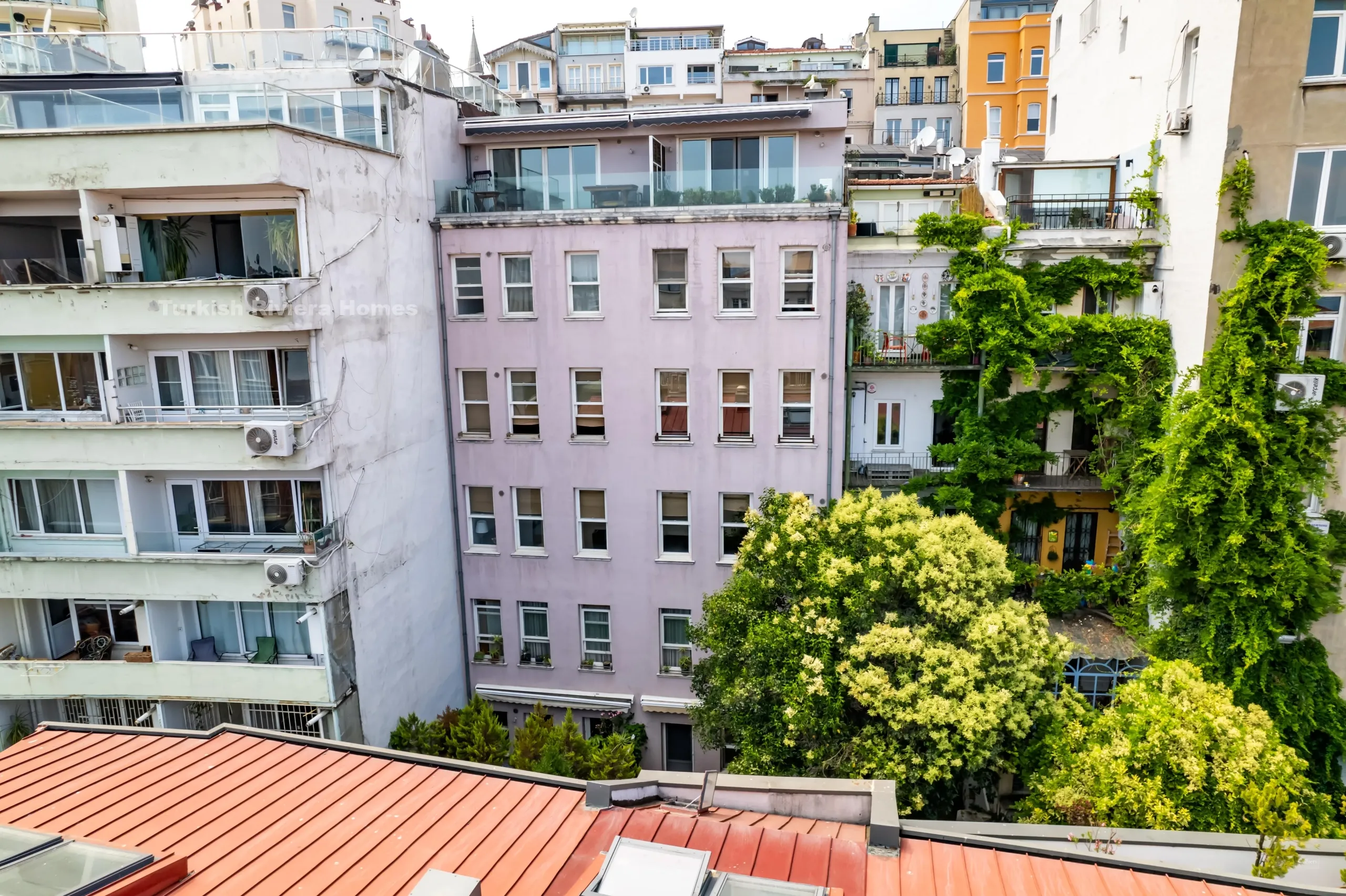To buy a car in Turkey – even a second hand one – is expensive and fuel rates are high too compared to the UK.
Hence many expats op to bring their UK registered car into Turkey for up to 6 months. Though you will need to then take it out of Turkey for another 6 months. It should be noted that only you can drive your car whilst it is in Turkey.

Turkey, with its rich history, stunning landscapes, and vibrant culture, is a popular destination for travelers and expatriates alike. If you’re planning to bring your car into this diverse and enchanting country, it’s essential to understand not only the technicalities of the process but also the customs and culture surrounding driving and vehicle ownership in Turkey. In this article, we will guide you through the fascinating aspects of bringing your car into Turkey and what you need to know to navigate the roads and the local culture seamlessly.
To pass your car through the border the following documents are required:
- Your passport – this must be valid.
- Your international driving licence – this must be valid.
- Your vehicle licence documents – check these are all up-to-date.
- An international green card (insurance): The Green Card is an international certificate of insurance affording visiting motorists the minimum compulsory insurance cover required by the law of the country visited.
- It is compulsory for all motor vehicles in Turkey to have traffic insurance. Third party insurance (kasko) is not mandatory, but highly recommended.
Understanding the Technicalities
Before diving into the cultural aspects, let’s briefly touch upon the technicalities of bringing your car into Turkey:
· Documentation: Ensure you have all the necessary documents, including your driver’s license, vehicle registration, proof of ownership, and insurance. If you’re an expatriate, check the specific requirements for bringing a vehicle into the country.
· Customs Duties: Be prepared for customs duties, taxes, and fees when importing your car. These costs can vary depending on the make, model, and age of your vehicle. When you are leaving from country, you have to inform custom authorities about the location where you are leaving your car. Research the latest regulations to avoid any surprises.
· 185-Day Rule – The 185-Day rule means that before crossing the state border of Turkey, the owner of the vehicle must stay outside the Republic of Turkey for
more than 185 days within 1 year. The period does not necessarily have to be continuous; the days are counted in total for the whole year.
· Vehicle Inspection: Your car may undergo
inspection by Turkish authorities to ensure it complies with local safety and
emission standards. Even if you have got your car inspected and all the quality
checks being done in your original country, the can will be inspected in Turkey
on arrival.
· Car Insurance Policy – The car should
have insurance cover in Turkey. So, if you have insurance for your car in our
country, you might to buy a new insurance policy when you bring your loved car in Turkey.
· Car Driving Policy in Turkey – When you
bring your favorite car in Turkey, only you and your family (including your
wife and adult children with valid driving license) can drive the car. No other
person can drive that car. In your absence (when you are abroad) your family
are also not allowed to drive the car.
· Temporary Importation: Consider whether you want to import your car temporarily or permanently. Temporary importation is suitable for tourists, while permanent importation requires residency in Turkey. The car must be completely new (zero), and the import of used cars are not allowed. The car must be of the same model year in which the car will be entered into Turkey.
· Duration of Keeping the Car in Country – As per the law, you can keep the car
in the country for maximum of 2 year. After that, you have to take your car out
of the country for minimum of 6 months and than you can bring it back again.
Now, let’s delve into the cultural aspects:
Respect for the Road and Fellow Drivers
Turkish road culture is unique and, at times, challenging for newcomers. Here are some cultural insights:
· Honking: In Turkey, honking is more of a communication tool than a sign of frustration. It can mean anything from a friendly hello to a warning about overtaking.
· Traffic Rules: Turkish drivers often display a flexible attitude towards traffic rules. While most adhere to the basics, be prepared for some creative maneuvers. Defensive driving is crucial.
· Pedestrian Priority: Pedestrians generally have the right of way, but it’s advisable to be cautious as not all drivers will stop.
· Parking: Finding parking in Turkish cities can be a challenge. People often double-park, so be prepared to do the same if necessary. Use parking lots when available.
Road Etiquette and Manners
Understanding road etiquette and manners can help you navigate Turkish roads smoothly and make a positive impression:
1. Use of Lights: Flashing headlights can mean various things, from signaling a desire to pass to a thank-you gesture for letting someone merge.
2. Overtaking: When overtaking slower vehicles, it’s customary to give a friendly wave to acknowledge the courtesy.
3. Roundabouts: Traffic in roundabouts can be chaotic. Be cautious and patient, and be prepared for multiple lanes merging into one.
4. Greetings: In rural areas, you might
encounter locals waving at passing cars. Returning the gesture is a sign of
respect.
Environmental Responsibility – Respecting the environment is vital when driving in Turkey:
· Air Quality: Istanbul, in particular, faces air quality issues. Be mindful of emissions and consider eco-friendly driving habits.
· Wildlife: In some regions, you may encounter wildlife on the roads, such as turtles or tortoises. Slow down and safely move them out of harm’s way if possible.
Safety and Emergencies – Safety should always be a priority:
· Emergency Services: Turkey has a well-developed emergency services system. Dial 112 for assistance in case of accidents or medical emergencies.
· Seatbelts: Always wear seatbelts, and ensure all passengers do the same.
· Child Safety: If traveling with children, make sure they are in age-appropriate car seats.
Buying a Car in Turkey – The Basics
A valid residence permit is needed for a foreign national to purchase a car in Turkey. Should you wish to purchase a new vehicle, authorized dealers do have financing and leasing options available.
A foreigner legally registered in Turkey with a valid residence permit may also be entitled to a tax free vehicle, either when buying a new car from a dealer in Turkey, buying a used tax free car from another foreigner, or importing their own car into Turkey.
This vehicle tax exception means that a foreigner is entitled to buy a new car from an authorised dealer without paying the Special Consumption Tax (Özel Tüketim Vergisi, ÖTV) or Value Added Tax. This is passed on when the car is sold by one foreigner in Turkey to another.
It should be noted that financing is not normally available for second hand vehicles.
Vehicle Tax
Just like your own country, your car will be subject to local vehicle taxes with varying tariffs depending on the vehicle’s engine capacity, make/model/ and year. In addition, there is also an annual or bi-annual clean-air /CO2 and safety inspections – depending on when you purchased your car and the type of car it is. But rest assured these inspections are quite straight forward.
Conclusion
Bringing your car into Turkey can be an exciting adventure, but it also requires a deep understanding of the customs and culture surrounding driving in this fascinating country. By respecting local customs, adhering to traffic rules, and practicing eco-friendly driving, you can have a safe and enjoyable experience on Turkish roads. Embrace the uniqueness of Turkish road culture, and you’ll find that driving in Turkey can be an unforgettable part of your journey.









